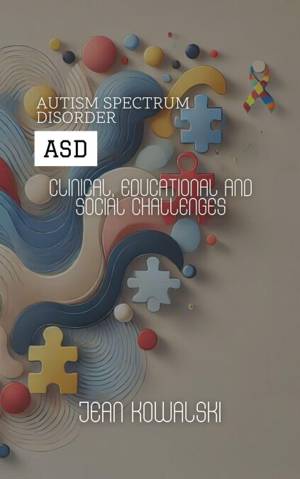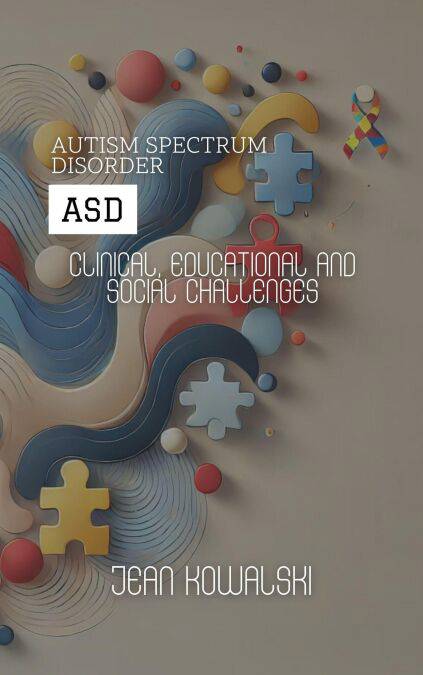
- Retrait gratuit dans votre magasin Club
- 7.000.000 titres dans notre catalogue
- Payer en toute sécurité
- Toujours un magasin près de chez vous
- Retrait gratuit dans votre magasin Club
- 7.000.0000 titres dans notre catalogue
- Payer en toute sécurité
- Toujours un magasin près de chez vous
Autism Spectrum Disorder (ASD): Clinical, Educational and Social Challenges EBOOK
Mental Disorders: A Series on Psychological Conditions
Jean Kowalski
4,99 €
+ 4 points
Description
Explore the complexity of Autism Spectrum Disorder (ASD) with academic rigor and a didactic approach. This essential work provides a comprehensive and evidence-based perspective, making it indispensable for students, researchers, healthcare, and education professionals.
With a clear and organized structure, the book addresses:
History and evolution of the ASD concept, detailing its trajectory and transformations; Neurobiological and genetic foundations, offering in-depth and updated explanations; Modern diagnostic criteria, including the DSM-5-TR and ICD-11 guidelines; Intervention and treatment strategies, focusing on approaches such as ABA and multidisciplinary therapies; Social challenges, educational inclusion, and advances in assistive technologies.
Key features of this book:
Comprehensiveness: Covers everything from scientific foundations to practical societal applications; Timeliness: Content based on recent studies and technological innovations; Relevance: Discusses topics like public policies, rights, and inclusion; Practicality: Offers real case studies, bridging theory and practice.
Ideal for those seeking a detailed and professional analysis of ASD, this book is an essential reference for the academic audience and professionals interested in mental health, special education, and neuroscience.
Spécifications
Parties prenantes
- Auteur(s) :
- Editeur:
Contenu
- Langue:
- Anglais
- Collection :
Caractéristiques
- EAN:
- 9798230490548
- Date de parution :
- 17-12-24
- Format:
- Ebook
- Protection digitale:
- /
- Format numérique:
- ePub

Les avis
Nous publions uniquement les avis qui respectent les conditions requises. Consultez nos conditions pour les avis.






